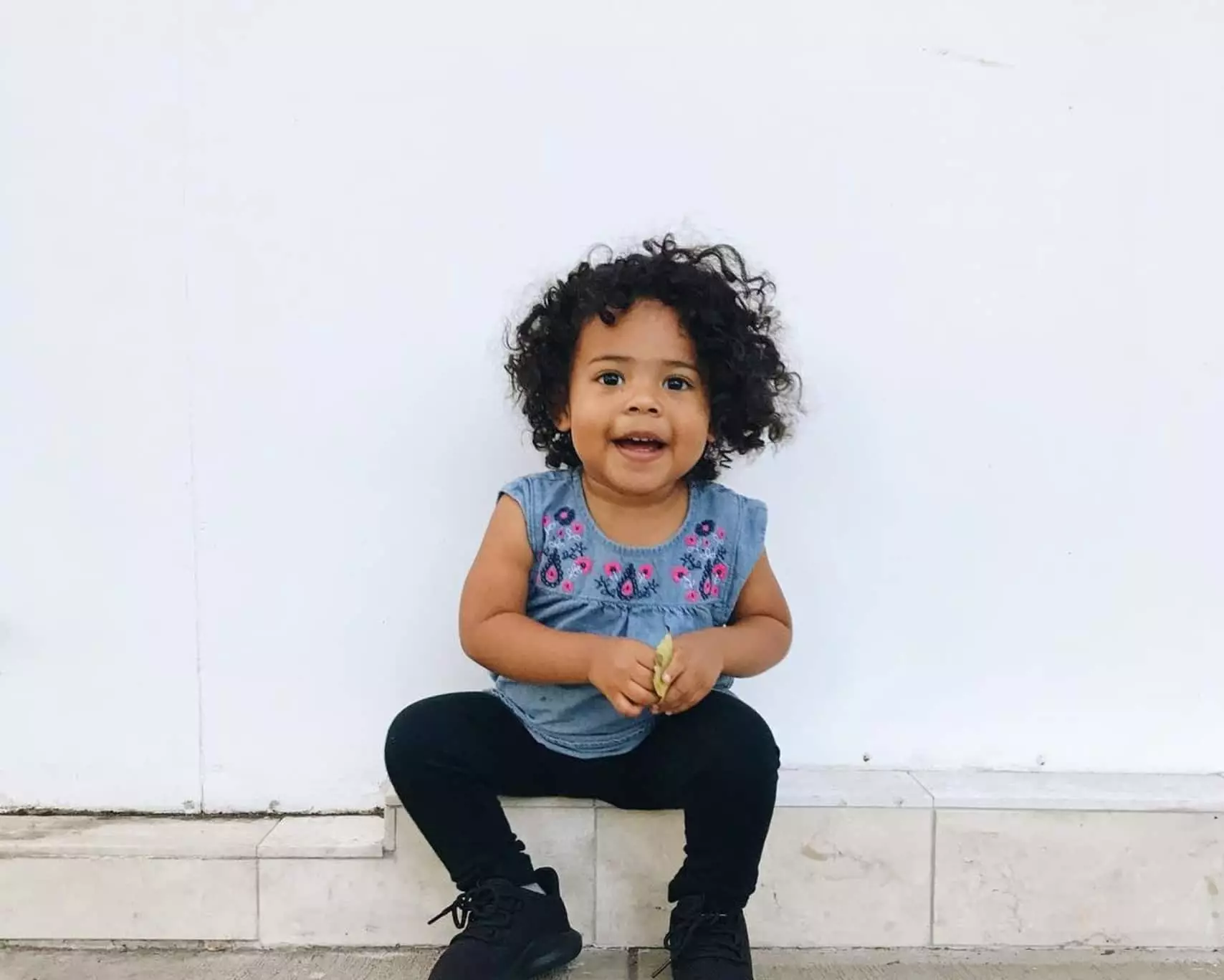As we navigate the complexities of adulthood, often overshadowed by responsibilities and expectations, a curious contrast emerges through the eyes of a child. This contrast is vividly highlighted when observing a young one, like a toddler, who embodies an unfettered sense of exploration and joy. Their innate ability to engage with the world—diving headfirst into new experiences without fear or hesitation—serves as both an inspiration and a poignant reminder of how we can approach life with renewed enthusiasm.
Imagine a young child entering a playground, their heart brimming with excitement and their mind unclouded by self-doubt. With no second thoughts, they sprint towards unfamiliar faces, weaving tales of imaginary monsters and brave quests. This unbridled spirit of adventure is something many adults yearn for yet often feel constrained by societal norms and self-imposed limitations. Observing a child interact with their surroundings can illuminate how the purest form of happiness often resides within the simplest moments unencumbered by fear of judgment or failure.
Contrasting the fearless antics of children is the pervasive weight of worry that tends to develop as one matures. The anxieties we accumulate—like fretting over first impressions or second-guessing our decisions—transform our experiences into lists of potential missteps. This reflection becomes stark when compared to a child’s approach. While they can leap into dance or song wherever inspiration strikes, many adults find themselves stifled by insecurities and expectations.
It’s not uncommon to feel overwhelmed upon entering a room filled with strangers, a feeling that can inhibit authentic expression. While a child would effortlessly weave their way into new friendships through shared laughter and play, adults often retreat into their shells, overly conscious of any perceived flaws or shortcomings. This internal struggle prompts a reconsideration of priorities—could we, too, learn to embrace life with the same intensity and spontaneity as children do?
One of the greatest gifts a child can impart is their ability to find joy in the mundane. Simple activities—like collecting dandelions to make wishes or transforming a living room into a movie theater via pillows—are abundant sources of excitement. Their joy is not dependent on material possessions or complex adventures, but rather springs from interactions with the world around them.
Yet, in today’s fast-paced society, many of us struggle to maintain this appreciation for the small wonders. As adults, we often hurry through each day, hyper-focused on our to-do lists and the pressures of daily life. Children, however, offer a gentle nudge to slow down and immerse ourselves in our surroundings. Their keen observations encourage us to savor the little things, drawing our attention to the beauty often overlooked in life’s hustle.
Through moments of misstep, such as a missed dance class or a forgotten appointment, children highlight the profound value of forgiveness and acceptance. When confronted with disappointment, they often respond with an uncanny ability to rebound, extending grace where adults might dwell on their shortcomings. A child’s swift inclination to forgive teaches invaluable lessons about resilience and perspective.
This becomes even more resonant when juxtaposed with adult tendencies toward harsh self-talk. Children don’t burden themselves with the weight of regret for long; they focus instead on the positives and move forward with an open heart. This is a crucial lesson that underscores the importance of self-compassion. In learning to forgive ourselves, we can maintain our momentum and foster happier, healthier lives.
Ultimately, the relationship between child and parent is often perceived as a one-way street in which the adult imparts wisdom and guidance. However, it is essential to recognize the reciprocal nature of this dynamic. While we guide our children, they, too, act as mirrors reflecting fundamental truths about joy, wonder, and acceptance.
Through the lens of childhood, we can unlearn some of the fear and restraint we accumulate as adults. We can embrace spontaneity, recognize the importance of small joys, and cultivate a habit of forgiveness—not only towards those around us but also towards ourselves.
In a world demanding certainty and seriousness, let us not lose sight of the light-heartedness inherent in childhood. By embracing the lessons imparted by the young ones in our lives, we can rekindle our own capacity for joy, curiosity, and compassion, forging a path toward a richer and more authentic experience of life.

